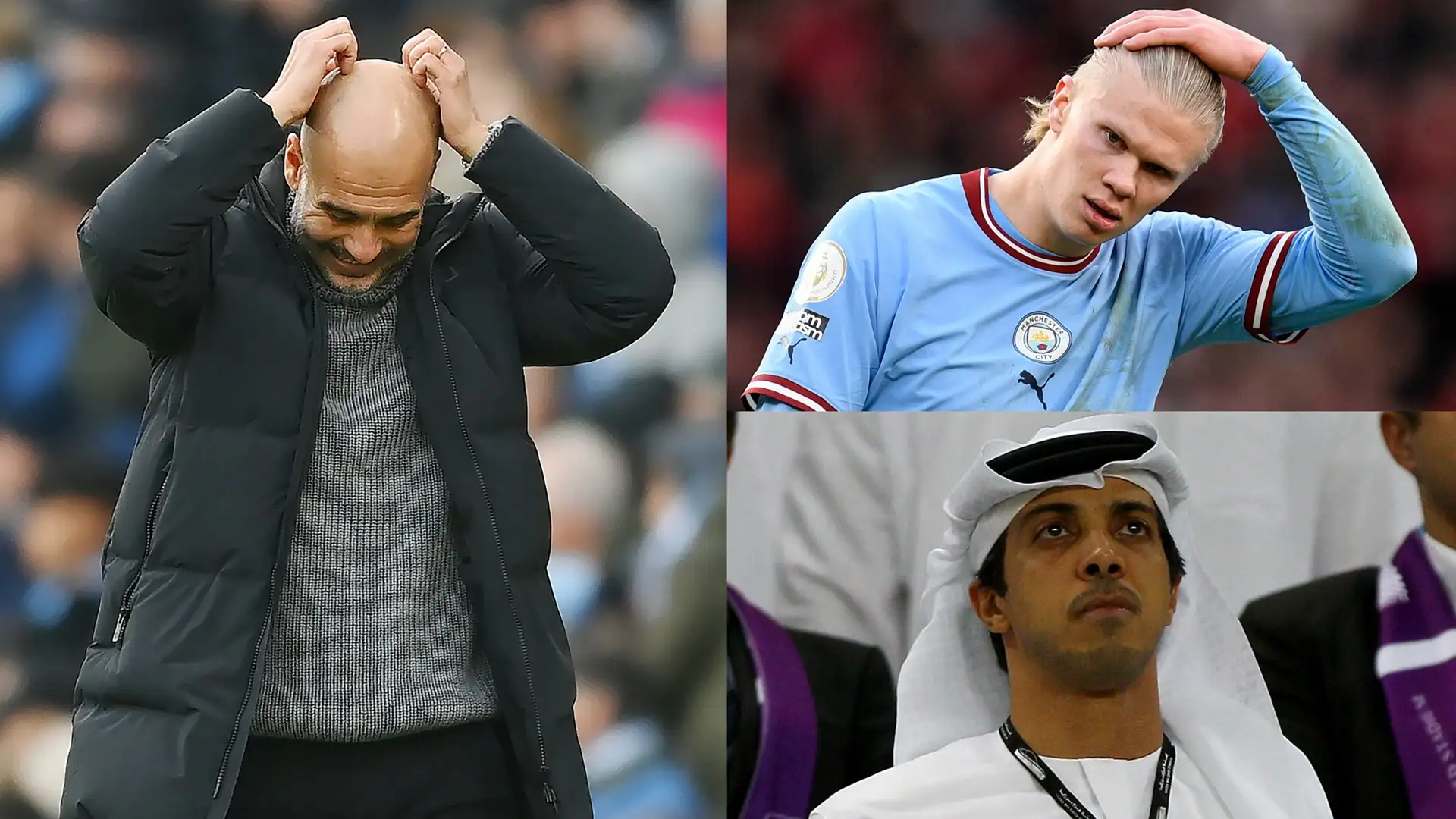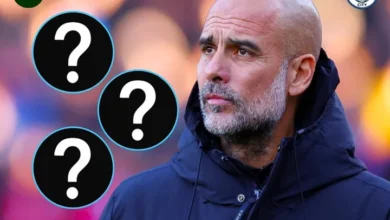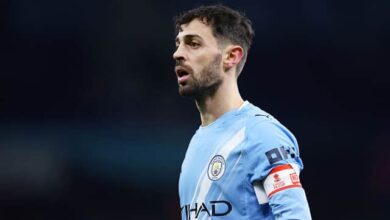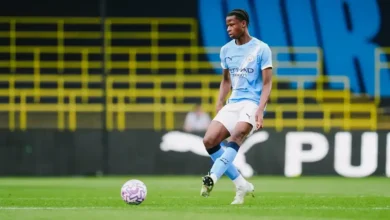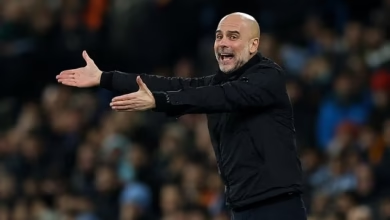Arsenal’s Strategic Summer: Viktor Gyökeres Set to Transform the Gunners’ Attac

Arsenal Football Club stands on the precipice of a transformative moment as they prepare to announce what could be their most significant signing in recent memory. Viktor Gyökeres, the Swedish sensation who has taken European football by storm, is reportedly set to become the Gunners’ newest star acquisition, with an official agreement imminent. The 26-year-old striker’s impending arrival at the Emirates Stadium represents more than just another transfer – it symbolizes Arsenal’s unwavering commitment to bridging the gap between aspiration and achievement in their pursuit of Premier League glory.
For years, Arsenal supporters have watched with a mixture of hope and frustration as their team consistently fell short of the ultimate prize. The striker position, in particular, has been a source of considerable debate and concern. While players like Kai Havertz, Gabriel Jesus, and Mikel Merino have admirably filled the role at various times, none have provided the consistent goal-scoring threat that separates championship-winning teams from those who merely compete. Gyökeres’ arrival promises to change this narrative fundamentally.
The numbers surrounding Viktor Gyökeres’ time at Sporting CP tell a story of remarkable consistency and clinical finishing that has captured the attention of Europe’s elite clubs. With an extraordinary record of 97 goals in 102 appearances for the Portuguese giants, the Swedish international has demonstrated the kind of prolific output that Arsenal has desperately sought. His most recent campaign was particularly spectacular, netting 39 goals in just 33 league games – a ratio that places him among the continent’s most lethal forwards.
This statistical dominance extends beyond mere goal-scoring. Gyökeres has consistently demonstrated his ability to perform under pressure, delivering in crucial moments and maintaining his scoring rate across different competitions. His versatility in the final third, combined with his physical presence and technical ability, makes him an ideal fit for the demanding nature of Premier League football. The Swedish striker’s journey from the Championship with Coventry City to becoming one of Europe’s most sought-after forwards is a testament to his dedication, improvement, and natural talent.
The significance of these numbers cannot be overstated. In an era where even seasoned strikers struggle to maintain consistency across a full season, Gyökeres has repeatedly proven his ability to find the back of the net with remarkable regularity. This reliability is precisely what Arsenal has been missing – a player who can be counted upon to convert chances when they matter most
One of the most intriguing aspects of Arsenal’s pursuit of Gyökeres has been the financial structure of the deal. According to Portuguese sports publication A Bola, the striker is set to earn a net salary of £7.2 million per year, translating to approximately £138,000 per week. This figure, while substantial, represents surprisingly modest wages for a player of Gyökeres’ caliber and recent form.
When compared to Arsenal’s current wage structure, this positioning becomes even more interesting. The club’s highest earner, Kai Havertz, commands £280,000 per week, while Gabriel Jesus earns £265,000. Captain Martin Ødegaard and midfielder Declan Rice both earn £240,000 weekly, with Bukayo Saka receiving £195,000. Gyökeres’ proposed salary would place him outside the top tier of earners at the club, despite potentially becoming their primary striker.
This strategic approach to wage structure reflects Arsenal’s broader financial philosophy under the current management. Rather than breaking the bank for a single player, the club appears to be building a sustainable model that allows for continued investment across multiple positions. The total transfer fee of €63.5 million, plus €10 million in potential add-ons, represents significant but not excessive spending for a player of Gyökeres’ proven quality.
The financial prudence demonstrated in this deal also leaves room for future investments and contract renewals for existing players. This balanced approach suggests that Arsenal’s hierarchy has learned from past mistakes where excessive spending on individual players created budget constraints that hindered overall squad development
Under Mikel Arteta’s guidance, Arsenal has undergone a remarkable transformation from a club struggling to maintain relevance to serious title contenders. The Spanish manager’s methodical approach to squad building has been evident in every transfer window, with each signing carefully chosen to address specific tactical needs and squad imbalances. Gyökeres’ potential arrival represents the culmination of this strategic planning.
Arteta’s attacking philosophy demands a striker who can operate effectively in tight spaces, link play with midfield, and provide the clinical finishing that creates the fine margins between victory and defeat. Gyökeres possesses all these attributes, having demonstrated his ability to adapt to different tactical systems during his time in Portugal. His work rate and pressing intensity align perfectly with Arteta’s high-energy approach, while his finishing ability addresses the team’s most pressing need.
The manager’s influence extends beyond tactical considerations to the psychological aspects of team building. Arteta has consistently emphasized the importance of mentality and character in his player recruitment, seeking individuals who can handle pressure and contribute to the team’s overall culture. Gyökeres’ journey from the English lower leagues to European stardom demonstrates the resilience and determination that Arteta values so highly.
Working alongside newly appointed sporting director Andrea Berta, Arteta has overseen a summer transfer window that addresses multiple areas of concern. The signings of Kepa Arrizabalaga, Noni Madueke, Christian Nørgaard, and Martin Zubimendi, along with the anticipated arrival of Valencia’s Cristhian Mosquera, demonstrate a comprehensive approach to squad improvement that goes beyond simply addressing the striker position.
Arsenal’s summer transfer activity reflects a sophisticated understanding of modern football’s demands. The acquisition of Kepa Arrizabalaga from Chelsea provides crucial goalkeeping depth and competition, addressing concerns about squad resilience in a demanding season. The Spanish goalkeeper’s experience at the highest level, including Champions League and international football, brings valuable expertise to a relatively young squad.
Noni Madueke’s arrival adds much-needed attacking depth and versatility. The English winger’s pace and creativity provide different tactical options for Arteta, allowing for greater flexibility in team selection and in-game adjustments. His youth and potential for further development align with Arsenal’s broader strategy of combining immediate impact with long-term value.
The midfield reinforcements of Christian Nørgaard and Martin Zubimendi address different aspects of Arsenal’s central needs. Nørgaard brings physicality and aerial presence that can be crucial in certain match situations, while Zubimendi offers the technical precision and tactical intelligence that suits Arsenal’s possession-based approach. These signings demonstrate the club’s commitment to having suitable options for various tactical scenarios and opponent-specific strategies.
The anticipated signing of Cristhian Mosquera from Valencia would further strengthen the defensive options, providing competition and cover across multiple positions. This depth has been identified as crucial for sustained success across multiple competitions, particularly given the physical demands of the Premier League and the potential for injuries and suspensions
Gyökeres’ return to English football represents both an opportunity and a challenge. Having previously played for Coventry City in the Championship, he possesses familiarity with the English game’s physicality and pace. However, the Premier League presents a significantly different challenge, with higher quality opposition and increased tactical sophistication at every level.
The Swedish striker’s physical attributes suggest he is well-equipped to handle the Premier League’s demands. His height and strength allow him to compete effectively in aerial duels, while his pace enables him to exploit space behind defensive lines. Perhaps most importantly, his finishing ability with both feet and his head provides multiple ways to score goals, a crucial attribute in a league where defensive standards are consistently high.
The tactical evolution Gyökeres demonstrated during his time in Portugal will serve him well in English football. His ability to drop deep to collect the ball, link play with teammates, and create space for others aligns with the modern striker’s role in top-level football. This versatility will be particularly valuable in Arteta’s system, which often requires fluidity and adaptability from all attacking players.
The mental aspect of returning to English football should not be underestimated. Gyökeres’ previous experience in the Championship, while valuable, was at a different level of pressure and expectation. His success in Portugal, however, demonstrates his ability to handle pressure and perform consistently at a high level, suggesting he possesses the mental strength required for Premier League success.
Arsenal’s return to Champions League football adds another dimension to their squad requirements and tactical considerations. The increased fixture congestion and varying tactical challenges presented by European competition necessitate greater squad depth and tactical flexibility. Gyökeres’ signing addresses both these needs, providing a reliable goal-scoring option across different competitions and tactical setups.
The striker’s experience in European competition with Sporting CP will be invaluable as Arsenal seeks to establish itself as a consistent Champions League presence. His ability to perform in high-pressure knockout situations has been proven, and his goal-scoring record in European competitions demonstrates his capacity to rise to the occasion when it matters most.
The tactical variations required for European success often demand different approaches from domestic competition. Gyökeres’ versatility allows Arteta to adapt his tactical setup depending on the opposition and match situation. Whether playing as a traditional number nine, dropping deeper to create space for wingers, or pressing high to disrupt opponent build-up play, the Swedish striker offers multiple tactical solutions
The arrival of a high-profile striker inevitably brings heightened expectations from supporters who have waited patiently for a reliable goal-scoring solution. Arsenal fans, known for their passionate support and high standards, will expect immediate impact from their new signing. Managing these expectations while allowing Gyökeres time to adapt to his new environment will be crucial for both player and club.
The positive aspect of fan expectation is the support and belief that comes with it. Arsenal supporters have demonstrated remarkable loyalty during challenging periods, and their enthusiasm for new signings often provides additional motivation for players to succeed. The Emirates Stadium atmosphere, particularly when the crowd is engaged and supportive, can be a significant factor in player performance.
However, the pressure that comes with being Arsenal’s main striker should not be underestimated. The scrutiny from media and fans can be intense, particularly for a player expected to be the solution to the team’s goal-scoring concerns. Gyökeres’ experience of handling pressure at Sporting CP, where expectations were similarly high, suggests he possesses the mental fortitude required for this challenge.
Arsenal’s approach under current ownership and management reflects a commitment to sustainable success rather than short-term fixes. The Gyökeres signing fits perfectly within this philosophy, representing an investment in a player entering his prime years who can contribute immediately while maintaining value over the length of his contract.
The striker’s age profile aligns with Arsenal’s broader squad composition, where key players are predominantly in their mid-twenties. This cohort can grow together, develop understanding through consistent playing time, and potentially achieve sustained success over multiple seasons. The continuity this provides contrasts with strategies focused on short-term gains through older, more expensive players.
The development potential that Gyökeres still possesses, despite his current high level of performance, adds another dimension to Arsenal’s investment. Working with Arteta’s coaching staff and training alongside high-quality teammates could elevate his game further, maximizing both individual and team performance
The integration of Gyökeres into Arsenal’s existing squad will require careful management of playing time and player relationships. Current forward options including Kai Havertz, Gabriel Jesus, and others will need to adapt to new roles or increased competition for places. This internal competition, when managed effectively, can drive performance levels higher across the entire squad.
The presence of a recognized striker may actually benefit other attacking players by providing them with clearer roles and responsibilities. Players like Bukayo Saka and Gabriel Martinelli may find their positions and functions more defined when playing alongside a traditional number nin





